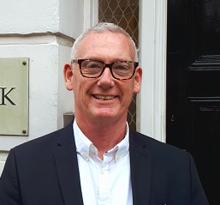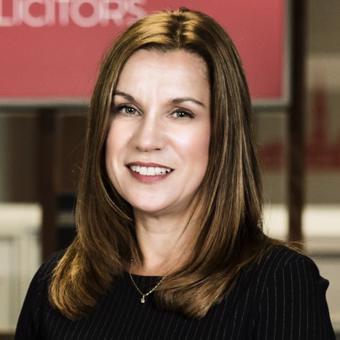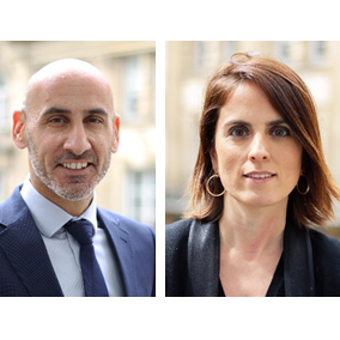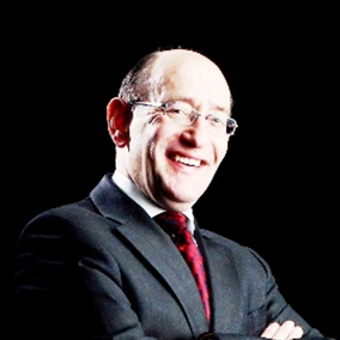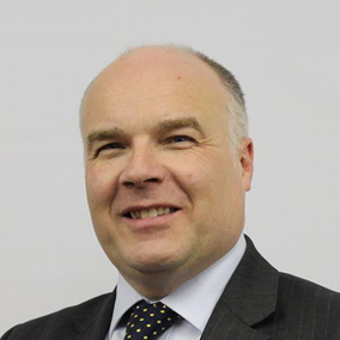Oury Clark’s Simon Walsh on why clients are the winners in a “holistic” approach to professional services
With the introduction of the Legal Services Act 2007 it became possible to set up alternative business structures (ABS) for the provision of regulated legal activities. An ABS is an entity that allows non-lawyers to own or invest in law firms and their introduction was heralded as “the biggest shake-up of the profession since the mid-1980s, when lawyers were allowed to advertise”[1]
Some law firms rushed to be early adopters and embraced the opportunities offered by ABS and the Big Four have now all been granted ABS licences to enable them to offer reserved legal activities. Across the channel there was reportedly a recent bit of a bust up between Fidal, one of France’s biggest law firms by head count and KPMG following KPMG’s unabashed poaching of over 130 of Fidal’s practising lawyers. Until this raid, Fidal and KPMG had a longstanding co-operation agreement but the burning question is whether you have to become an ABS in order to offer a truly joined up accounting and legal service to clients, or is there still a place for an accounting practice and a legal practice to work in a co-operative manner when it is to the clients’ benefit to do so without having to combine as a single firm?
Oury Clark Accountants and Oury Clark Lawyers are separate firms regulated by the ICAEW and SRA respectively, but they invest heavily in promoting the benefit to their clients of an “holistic” approach to professional services, within the confines of what is permitted by their respective regulators.
Clients are increasingly reliant on their professional advisers to do just that, advise, and this often means being across both the accounting aspects of a matter and the legal aspects of a matter. It’s no longer acceptable to say “oh this is the position from an accounting perspective, but you’ll need to take separate advice on the legal aspect” or vice versa, so there is real value in being able to present both the accounting and legal perspective in the same bit of advice. For foreign clients setting up operations in the UK, something might fall into the remit of a tax attorney in say the US, but in the UK it is a matter dealt with by a chartered tax adviser and is it really fair that it should be up to the client to try and work out who they should be speaking to?
As Andrew Oury, who is a partner at Oury Clark Accountants, recently said: “We’ve had great success at making things simpler for our clients in an increasingly complex world, as we work closely with our legal colleagues to present the best solution for our clients. Without a close co-operation between our practices we’d struggle to remove professional territoriality and we’d not be nearly as agile or good at giving the right advice to the client”.
A close co-operation enables knowledge sharing across both organisations and Oury Clark is focused on ensuring that both its lawyers and accountants are across issues that potentially have an impact from a legal and an accounting perspective. There is often conflict between how HMRC might treat something and how the law treats something and our “holistic” approach enables us to spot such red flags and advise on them. For example, HMRC’s requirement to process a director’s payments through payroll makes a US based Non-Executive Director of a UK company look like they’re working in the UK, which can be in direct conflict with the UK immigration rules. Oury Clark’s approach enables it to spot such conflicts and advise accordingly.
But this close co-operation doesn’t mean that a client of one firm is committed (or required) to use the services of the other firm, which ensures that clients have total flexibility and never feel like they are locked into “just one firm”.
Both Oury Clark Accountants and Oury Clark Solicitors is increasingly finding that this “holistic” way of working is engrained in its culture and it’s been able to successfully extend this approach to working with like-minded firms across Europe, which for obvious reasons is becoming increasingly important. It’s able to do this, not through being part of a formal alliance or networking group, but by identifying people that they’re comfortable working with and who share a common philosophy when it comes to servicing clients – they call this group “firm friends”.
[1] https://www.raconteur.net/risk-management/reaping-the-benefits-of-an-alternative-business-structure
